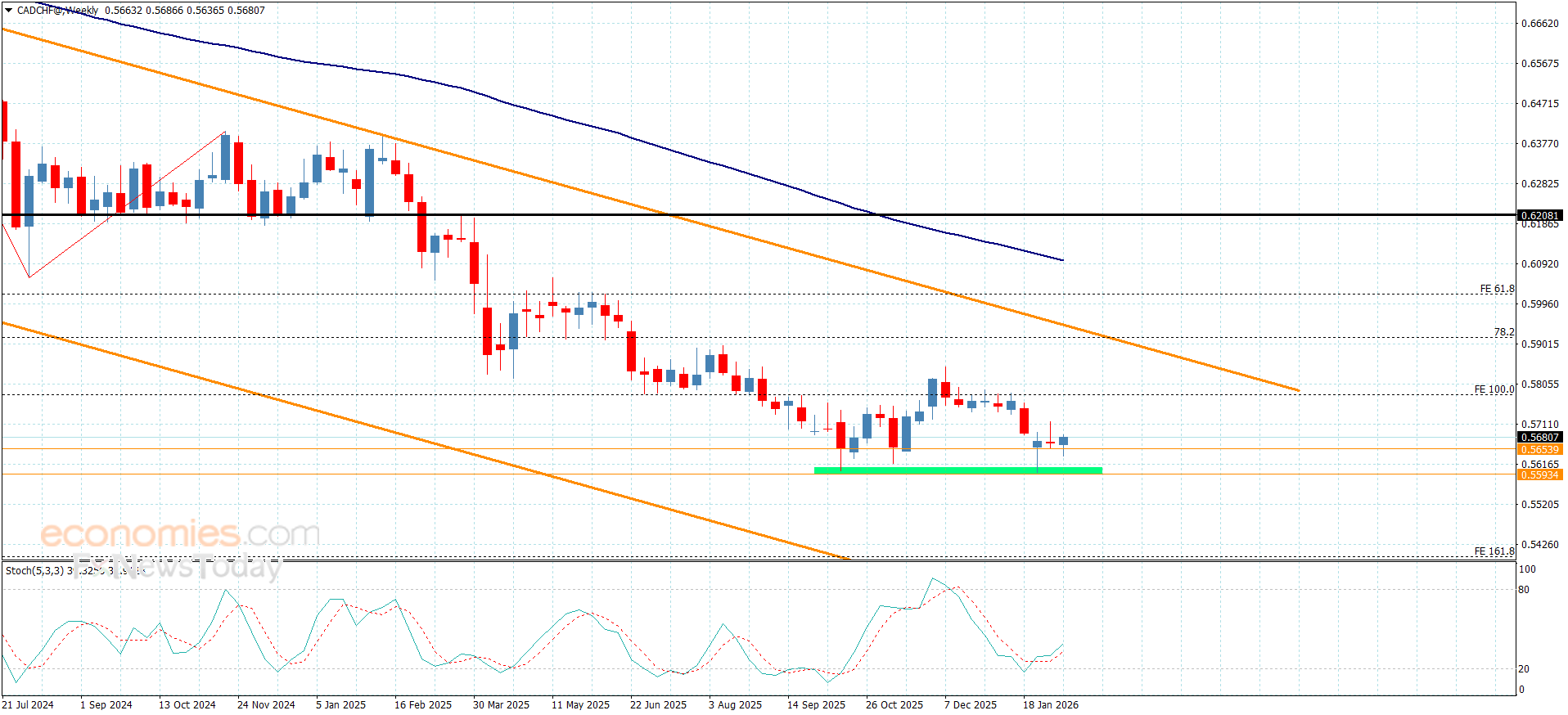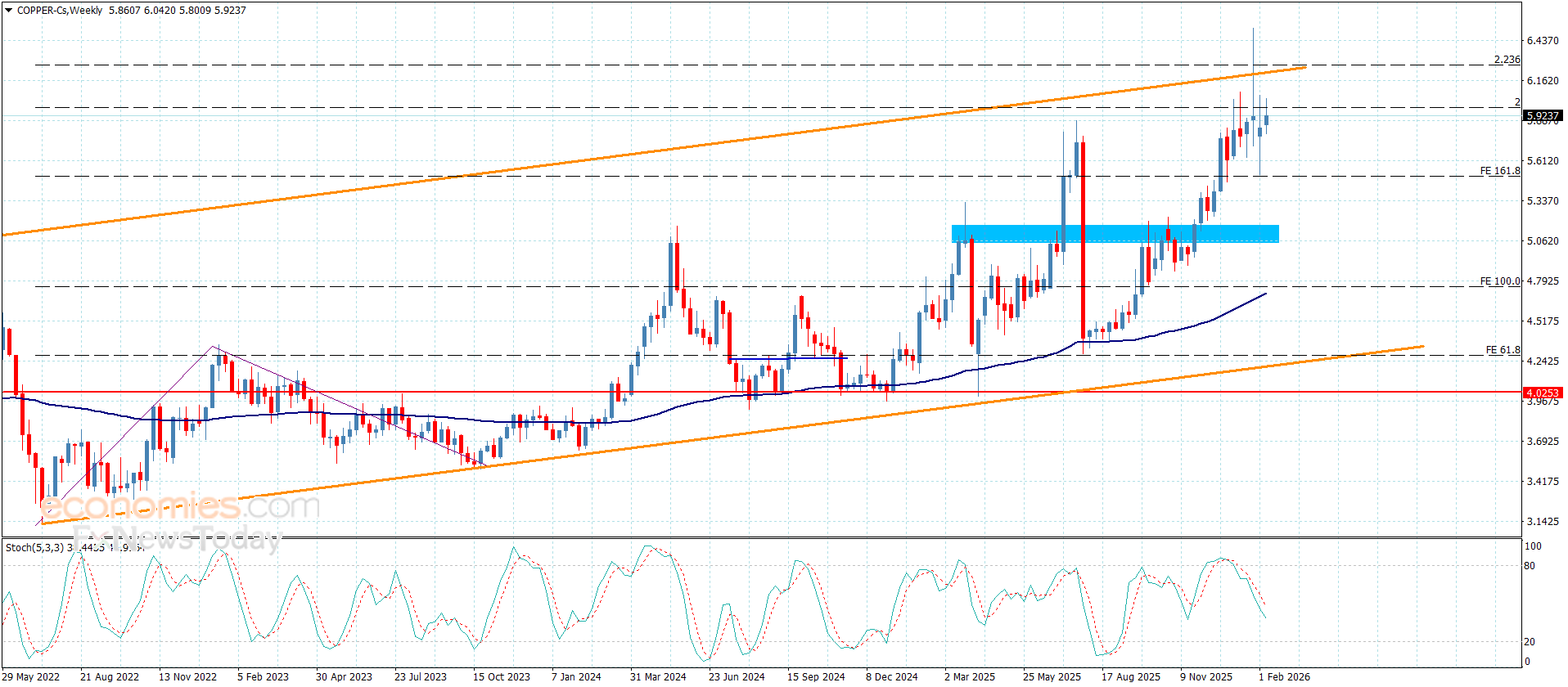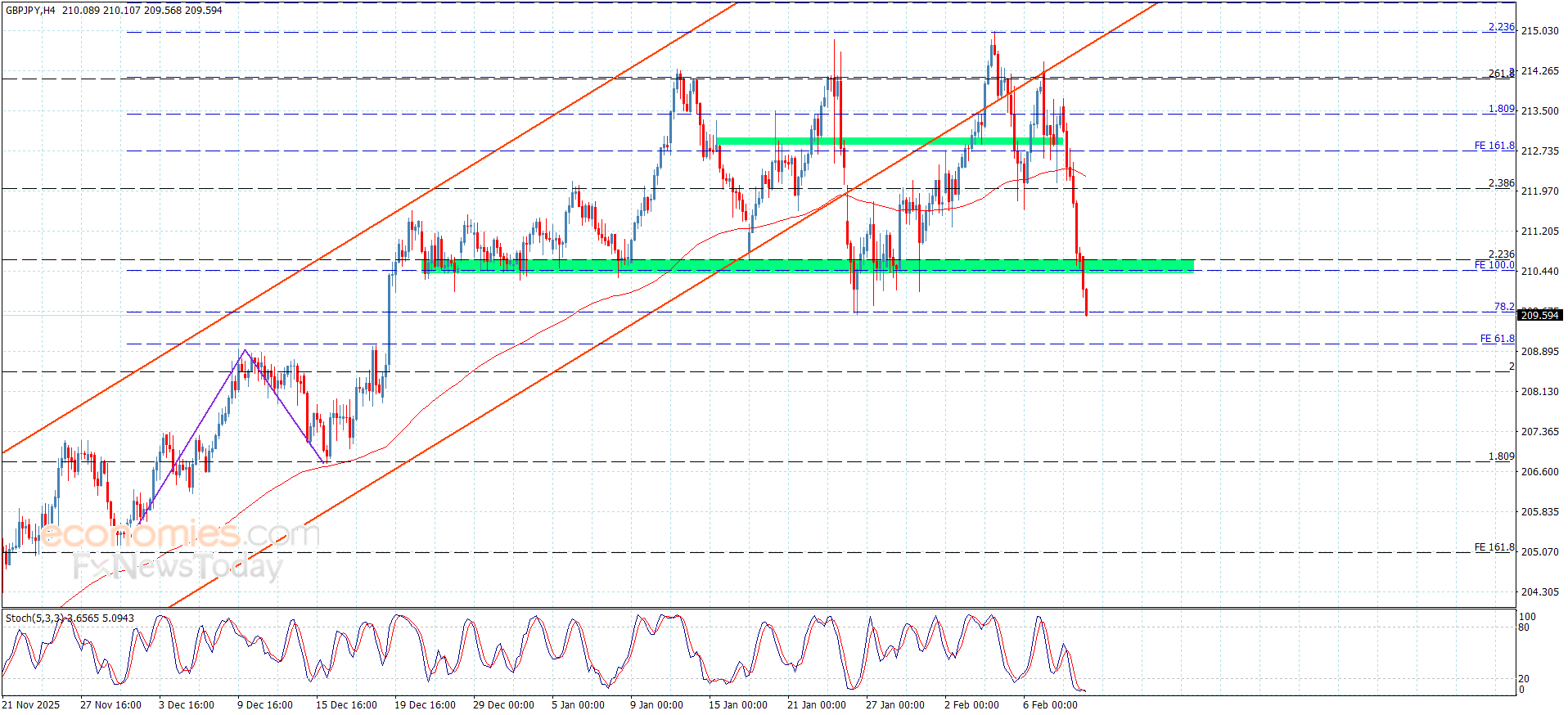JPMorgan Completes Landmark Cross-Chain Transaction Boosting DeFi Adoption
JPMorgan, a leading financial institution, is at the forefront of integrating traditional finance (TradFi) with decentralized finance (DeFi) through its blockchain division, Kinexys, and strategic partnerships with Chainlink and other key players. This initiative signifies a major step forward in the adoption of blockchain technology by institutional investors.
JPMorgan’s efforts in this area are exemplified by a pilot program involving tokenized U.S. Treasuries, which demonstrates the potential for blockchain to accelerate the allocation of institutional capital into the blockchain ecosystem. This move underscores a significant shift in financial markets, highlighting the growing role of blockchain in mainstream finance.
Kinexys, led by Nelli Zaltsman, is driving this integration by merging regulated and unregulated financial systems. Collaborations with Chainlink enhance Kinexys’ asset-agnostic blockchain approach, providing real-time access to multiple networks. Chainlink’s Sergey Nazarov emphasized the significance of this initiative, stating that it marks the beginning of a much larger movement towards cross-chain synchronized settlements. Ondo Finance supports JPMorgan by offering tokenized U.S. Treasuries, further validating the role of blockchain in this transitional landscape.
Institutional capital is increasingly being directed towards DeFi and real-world asset (RWA) tokenization, with JPMorgan’s activities potentially boosting the Total Value Locked (TVL) in related protocols. This trend indicates that institutional players are recognizing the value of public blockchains, ensuring broader market participation. The evolving regulatory environment, particularly in the U.S. and EU, is increasingly supportive of DeFi, facilitating larger financial institutions’ engagement with tokenized assets. The growth in TVL reflects institutional trust and the evolving blockchain ecosystem.
JPMorgan’s earlier blockchain ventures, such as JPM Coin, focused on permissioned networks. The shift to public blockchain represents a key technical advancement in institutional finance, mirroring similar moves by BlackRock and Franklin Templeton in tokenized investment funds. Nelli Zaltsman emphasized the importance of regulatory clarity for successful integration, noting that the goal is to find the best way to work with public blockchains within the regulatory framework. Public discourse and industry events suggest a positive trajectory for blockchain’s mainstream adoption in finance.
On May 14, 2025, J.P. Morgan completed a landmark cross-chain transaction, settling Ondo Finance’s Short-Term U.S. Government Treasuries Fund (OUSG) on the Ondo platform. This transaction marks a significant advancement in the integration of TradFi and DeFi, demonstrating J.P. Morgan’s commitment to bridging the gap between these two financial ecosystems. The cross-chain transaction involved settling the OUSG fund, which is backed by short-term U.S. government treasuries, on the Ondo platform. This initiative showcases the potential of blockchain technology in traditional finance and highlights the growing acceptance of DeFi solutions within the mainstream financial sector. By leveraging blockchain, J.P. Morgan aims to enhance the efficiency, transparency, and security of financial transactions, ultimately benefiting both institutional investors and individual users.
J.P. Morgan’s efforts in this area are part of a broader trend within the financial industry to explore the potential of DeFi. The integration of TradFi and DeFi offers numerous advantages, including reduced transaction costs, faster settlement times, and increased accessibility to financial services. By embracing DeFi, traditional financial institutions can tap into new markets and offer innovative products that cater to the evolving needs of their clients. The successful completion of the cross-chain transaction is a testament to J.P. Morgan’s technical expertise and its ability to navigate the complexities of blockchain technology. The bank’s initiative is expected to pave the way for further innovations in the financial sector, as other institutions follow suit and explore the potential of DeFi. This development underscores the growing importance of blockchain technology in the financial industry and its potential to revolutionize the way financial transactions are conducted.
J.P. Morgan’s integration initiatives extend beyond cross-chain transactions. The bank is also exploring other avenues to bridge the gap between TradFi and DeFi, such as tokenizing real-world assets and offering blockchain-based financial products. These efforts are aimed at creating a more seamless and integrated financial ecosystem, where traditional and decentralized finance coexist and complement each other. In conclusion, J.P. Morgan’s advancements in TradFi and DeFi integration represent a significant milestone in the evolution of the financial industry. By leveraging blockchain technology, the bank is paving the way for a more efficient, transparent, and secure financial system. As the integration of TradFi and DeFi continues to gain momentum, it is expected that more financial institutions will follow J.P. Morgan’s lead and explore the potential of decentralized finance.
Source link
Written by : Editorial team of BIPNs
Main team of content of bipns.com. Any type of content should be approved by us.
Share this article:









